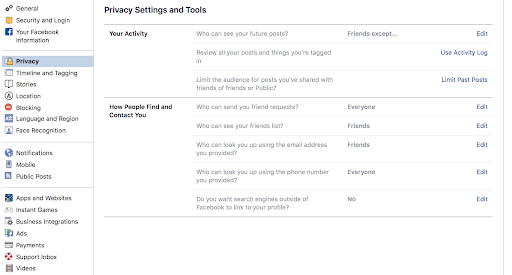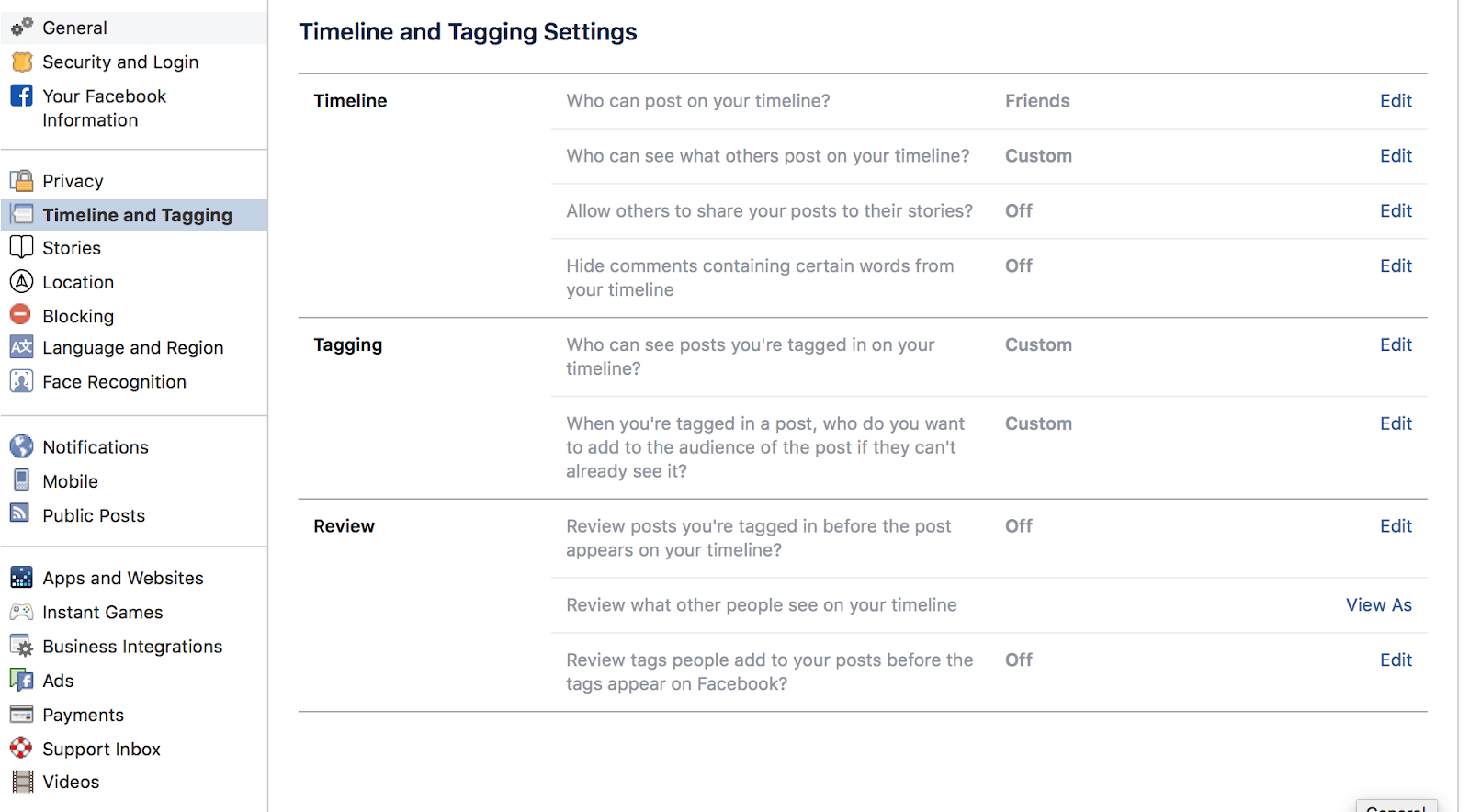Friends on social media are changing their names into weird spellings or middle names, which can only mean one thing: another cycle of medical school and residency applications. Subtle settings can make a seemingly private social media footprint inadvertently public — be it comments, pictures or other breadcrumbs leading to an individual’s page. Recent pools of applicants are some of the first who have had technology integrated with their social life and expression since childhood. What investigating will programs actually do, if any, to gain insight on an applicant? What settings can applicants use to prevent programs and future patients from stumbling upon details they would prefer to keep private?
Programs May Look for Honesty and Fit
In 2018, U.S. medical schools received an average of approximately 5,500 applications, so they have limited time to analyze numerous online accounts. But they would look out for discrepancies in an application. “If anything, I do a simple search sometimes,” says Bonnie Emilius, Director of Admissions at Thomas Jefferson University’s Sidney Kimmel Medical College. “It’s to check if a listed activity is exaggerated. It’s very rare.” That referred more specifically to LinkedIn.
Social media is not a formal part of the medical school admissions review. “Social media does not factor into the decision making during our screening process,” Emilius says. Representatives from the University of Connecticut School of Medicine and Albany Medical College agreed and added they only look at social media if an applicant references it. “Basically, if they mention it in their application, a Youtube video or other such thing, it’s fair game … especially if they give the URL!” says one representative.
At least one group in my experience as a student interviewer is more likely to look applicants up, even though it’s without malicious intent: medical student interviewers. Most searches are benign, done to put a face to the name, but applicants wouldn’t want an interviewer to stumble upon something misleading or unprofessional.
For residency applicants, existing residents will look for fit as well; their input is considered for the match. Current residents are invested because they will be applicants’ colleagues and potentially supervisors as chief residents in the future. The institution may also care about public profiles because residency is a job: employees reflect on the judgment of the institution. There are also fewer applicants for a residency program than a medical school.
A non-medical job recruiter says that, “Google search is typically what I do. I’ll see if they have a public Twitter or if their names are in any news articles.”
Overall, reviewers won’t go digging to find dirt. But unprofessionalism on social media in someone’s past can resurface — just ask athletes who had old controversial tweets reappear in 2018. Medical schools have peers on professionalism committees that see class-wide Facebook groups and messaging apps as well.
Avoid Controversial Content in 4 Ways
1. Be Professional on Class Pages and Group Texts
I’ll never forget a mentor who told me, “If you have to say it, just don’t write it.” Emails or texts are permanent; they lack tone and can be easily misinterpreted or forwarded to unintended eyes. If students have to complain about a lecture, they should vent to a friend in person or over the phone. Inevitably, every year a student trash-talks a lecturer or swears on a class-wide group chat, and superiors often find out.
2. Profile Pictures are Public by Default
This means that the public can also see the comments on said profile picture.
3. Beware Your Likes, Comments and Tags: Including Tweets, Instagram Tags and Youtube Comments
Everyone likes a good meme or tweet. If an applicant tags someone or gets tagged, that leaves a public stamp of them. Their name may be attached to that fire emoji. Athletes get analyzed for their next free agency move just for liking other players’ or fans’ tweets.
4. Easily Download Individual Photos or Entire Profiles to Save Removable Content
Applicants should consider deleting anything they wouldn’t want patients to see through the grapevine, even if the tag is removed. As long as anyone else is tagged, others can see an applicant’s photo or comment. Scandals spread around celebrities or politicians all the time. Doctors will be no exception.
If applicants want to keep memorable photos, they can download them individually. Facebook users can even download their entire information from Settings >> Your Facebook Information as shown in the following Facebook screenshot.

Protect Your Privacy By Changing Four Settings
As for the creative Facebook name changes: it’s true — strangers will struggle to find the profile. (Friends can still find the profile.) To make a Facebook profile even harder to find, users can keep their page off Google and change some underutilized settings.
1. Hide a Profile from Google
Turn off search engines from displaying your page under Facebook’s Settings >> Privacy.
2. Prevent Searches Based on Phone Number or Email
At baseline, other Facebook users can technically find profiles through email addresses and phone numbers linked to an account. Users can limit this setting, as seen in the following Facebook screenshot.
3. Control Tags
Facebook users can also review their tags, limit who can tag them, and restrict some users who see posts they’re tagged in, as seen in the following Facebook screenshots.
4. Limit Obvious URLs and Contact Information that Filters
Some manual changes may also help. If a Facebook URL is a name, such as www.facebook.com/FIRSTNAMELASTNAME, a clever detective could find that profile.
Facebook searches can filter by city, education history, and places worked. Someone can find a profile easier with each piece. For example, a first and last name in combination with a university is enough to develop a short list. Facebook users can consider limiting these details.
Above All, Enjoy It!
As students become doctors, they are thrust under an increasingly intense microscope by the public. I still have as much fun as anyone scrolling through Instagram and sharing photos or memes with friends. When we know who can see it and how to control it, this makes our social media experience more relaxing and fun.
Image credit: “Social Media Logos” (CC BY-NC 2.0) by BrickinNick




